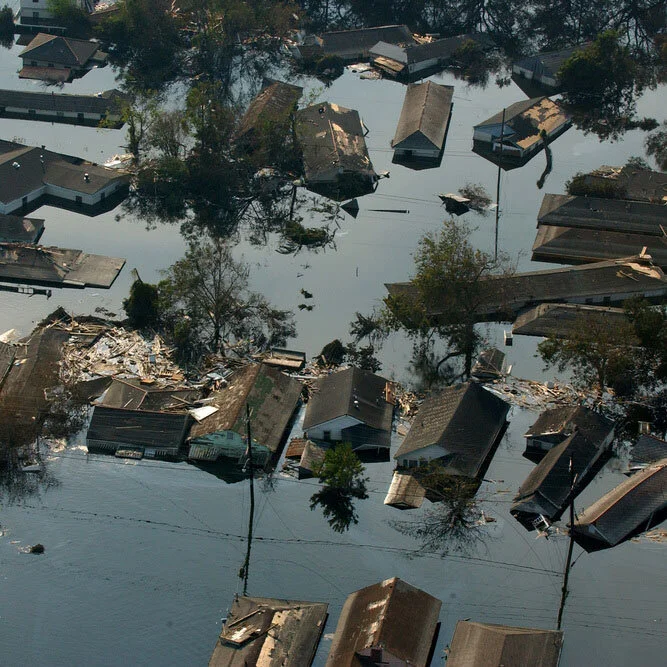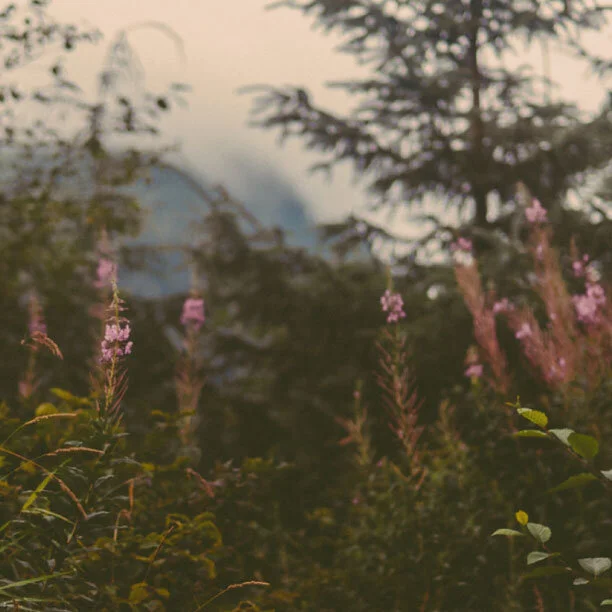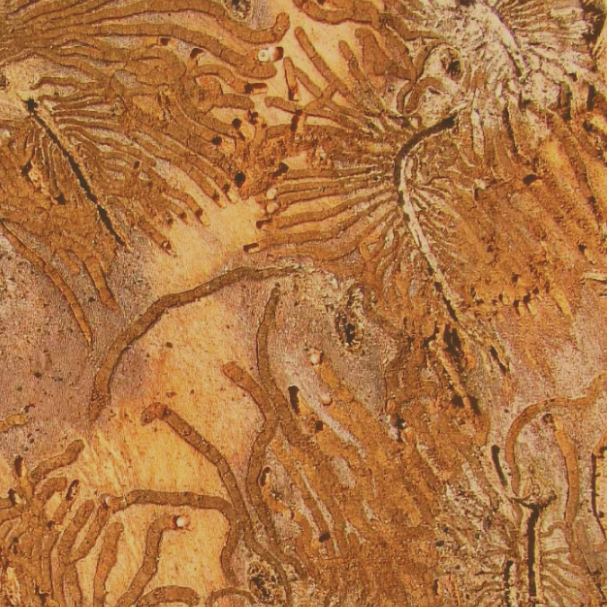Jacqui reminds us that we must strategically address the needs of our communities; when we work to uplift those at the bottom - we all rise.
Read MoreWith a global market in free fall, a rising climate activism movement, and the uncertainty of elections on the horizon, this episode tackles a set of essential, timely questions: How has the fracking boom radically transformed communities, ecologies, and life in states across the country? Why are oil prices crashing and how does this reflect an industry in debt, teetering on the brink of collapse?
Read MoreAlnoor invites us into a guided conversation on neoliberal capitalism, the global economic system and how we can work ourselves out of it. Topics include Wetiko mind virus, Anarchy, the root causes of poverty, the dangers of technocracy, and more.
Read MoreAyana and Linda discuss what will be left in the wake of COVID-19, how will we tend to the wounds of disposability? What systems will endure? What must we dismantle and what will we grow? How can we deepen our actions so that they are not just a response to fear, but are rooted in the promise of collective wellbeing?
Read MoreRupa reminds us that the blatant neglect for people’s wellbeing amidst this global pandemic is not coincidence or negligence, it is the result of a global system that has historically centered profit over people.
Read MoreEriel sheds light on what Unist’ot’en Camp represents, the ongoing history of surveillance faced by frontline protectors, how policy can be a tool of forced assimilation, and the illegality of the actions taken by Canada’s federal and provincial governments.
Read MoreHow can we understand our own ailments as a map of society’s illness? A by-product of an inhuman, unbridled industrialized society where the pressures of productivity and the harm inflicted by violent institutions are causing a collective decline in health... we explore these topics with Dr. Rupa Marya, whose work explores health issues at the nexus of racism and state violence.
Read MoreMariame addresses punishment as an issue of directionality while reminding us why it is vital to have the prison abolition movement in conversation with the movement for climate & environmental justice.
Read MoreLean into Kasyyahgei’s haunting testimony of heart that bridges stories from her childhood, the incredible mycelial worlds humming beneath the forest floor, and the land of talking trees.
Read MoreGuided by Wanda’s indomitable warrioress spirit, we wind through the history of the 1971 Alaska Native Claims Settlement Act, the Tlingit balance of Raven and Eagle, Indigenous food sovereignty, extractive tourism, and more.
Read MoreFall in love with the Tongass, as Elsa shares stories from the field, communities where boom and bust industry have torn people apart, and her personal journey as a second-generation activist.
Read MoreRaj and Ayana discuss cheapness in relation to the prison industrial complex, the invisibility of domestic labor and care work, the fallacies of fair trade, and the enclosure of the commons.
Read MoreAyana and Corey discuss the implications of southern pine beetle expansion, how forest structures will shift, the threat to native biodiversity, the importance of cold winters, and how forestry measures are not the solution.
Read MoreRichie and Ayana examine how harmful patriarchy is to us all, why we must let go of our limited understanding of crime, the geography of prisons, and meaningful and revolutionary organizing in prisons.
Read MoreJoin us as Tara, Ruth, and Ayana navigate the worlds of man camps and resistance movements, track money trails, meet face to face with European banking leaders, and enter the boardrooms of America’s wealthiest shareholder meetings.
Read MoreThis week we rebroadcast Pua Case’s interview in honor of the heart of a mountain and the rising of a Nation.
Read MoreAyana and Chris discuss wealth inequality, deindustrialization and the rise of the gig economy, the birth of fascism and Christian fundamentalism, and the fusion of corporate and government power under the reigning umbrella of the security state.
Read MoreAyana and Andrea discuss a myriad of topics ranging from the importance of an intelligence-led approach to combating wildlife crime, how wildlife crime impacts local and global economies, the geography of trafficking, the socio-political realities that necessitate poaching and trafficking, and the grave danger posed by an increased militarization of conservation.
Read MoreAyana and Ada Recinos of EcoViva discuss the connections between ecosystem restoration, political and climate resilience, and food sovereignty in times of extreme instability.
Read MoreEriel articulates how narratives that surround the developments at Unist’ot’en Camp show how colonization has deeply warped our perspective on who get labeled the heroes and villains. While the state continues to prioritize the protection and expansion of infrastructure over people, we must encourage each other to see with clear vision where the true threat lies.
Read More



















